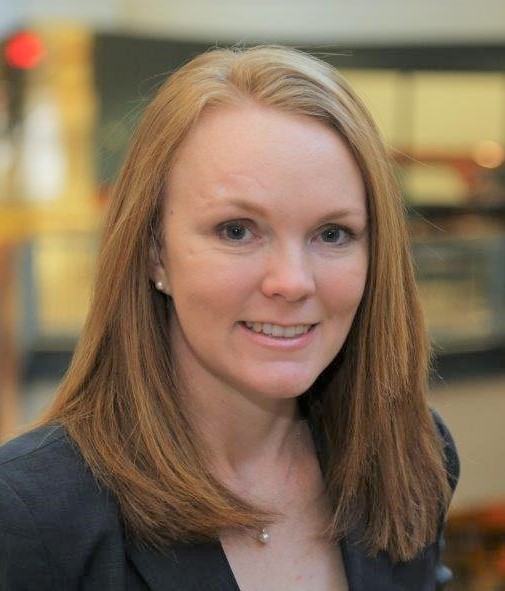Dr. Janey Camp, Vanderbilt research associate professor of civil and environmental engineering, has been named a co-author to the Fifth National Climate Assessment (NCA5) by the U.S. Global Change Research Program, specifically in the southeast chapter. The manuscript will be published in late 2023.
The National Climate Assessment is a quadrennial report on the varied impacts and risks presented by global climate change across the United States. The NCA5 is published by the U.S. Global Change Research Program, a federally mandated body overseen by 13 member government agencies.
“Our chapter on the southeast is focused on pretty much anything related to future climate change, the southeast and related impacts,” Camp said. “It’s really a chapter focused on translating and communicating the science for the public and leaders to help inform decisions and help them prepare.”
According to Camp, another key part of the process involves soliciting feedback from the community. The NCA5 may make some drafts of materials available for public comment and edits as early as January 2022.
“It’s a long process with a lot of different points for stakeholder input,” Camp said. “Many of us have worked on projects where we utilize stakeholder input combined with other data to help inform decisions for planning for the future and infrastructure investment and management.”
To write the report, Camp and the rest of her team are responsible for combining stakeholder comments with scientific expertise to recommend actions for community organizations and government agencies.
“What we can do is take that [scientific data] as an author team and turn it into something really useful for the public to make decisions to reduce their vulnerabilities and plan for the future,” Camp said.
Per Camp, another unique feature of her team of co-authors is their diversity. Contributors to the report come from a variety of academic and research backgrounds, including both the sciences and humanities.
“It’s been an interesting process, interacting with the other authors.” Camp said. “Everyone on the team has a really interesting and unique background, and the team makeup is really diverse.”
While Camp’s own work focuses on infrastructure resilience and flood mitigation and response strategies, she said she has learned a lot about vulnerable populations, like tribal nations, from her NCA5 colleagues. She hopes to bring these insights back to her students and work at Vanderbilt.
For Camp, the most important reason for accepting this position was to be able to have an effect on her Middle Tennessee community.
“We’ve seen so many natural hazards just in Tennessee in the past decade, and unfortunately, vulnerable populations are the ones that suffer the most. Often, part of the reason they suffer is because of the lack of awareness of the risks and their own vulnerabilities,” Camp said. “Education and knowledge are power. Hopefully, we reach community organizations and others that can help.”
By creating and spreading more information about the risks of climate change via the NCA5, Camp hopes to better prepare people to be self-sufficient in times of disaster. By having such preparedness, she adds that strains on emergency response services can be reduced, leaving them available for the vulnerable communities who need them most. Ultimately, Camp expects that the report will guide infrastructure investment decisions that make for a more resilient future.
“I hope that we can raise awareness so that people become better stewards of the resources we have and really think more about being proactive instead of reactive,” Camp said.








